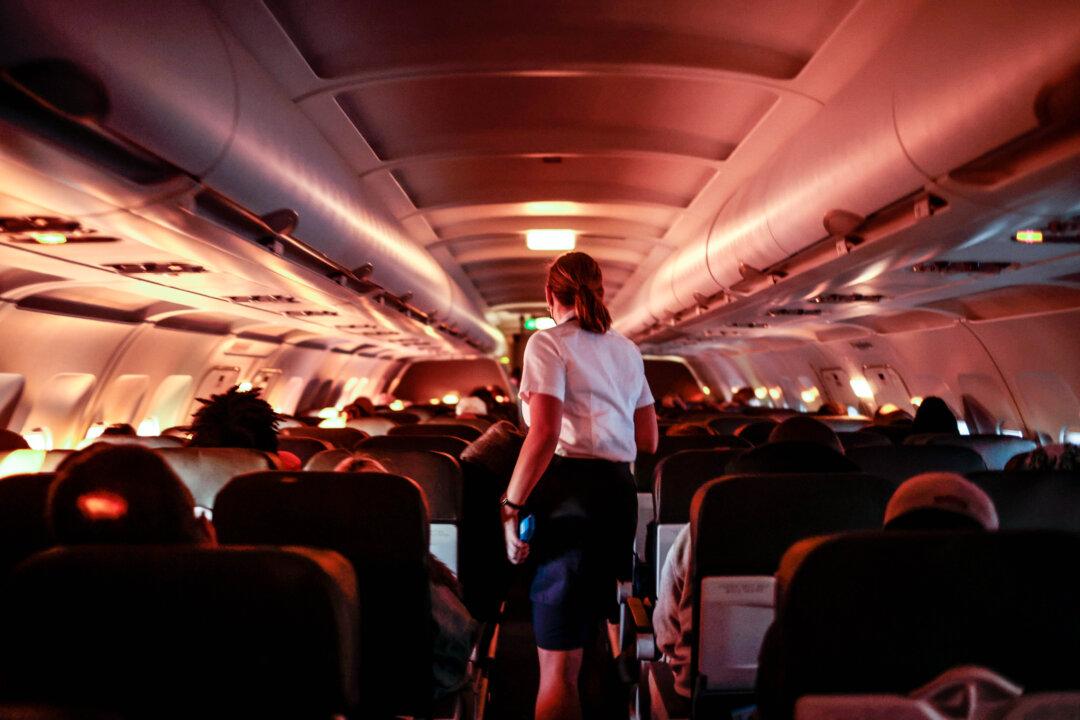The Federal Aviation Administration (FAA) will require, as of Oct. 5, that airline flight attendants receive at least 10 hours of additional rest between shifts, reported CNN.
The FAA proposed the rule in October 2021, after the U.S. Congress approved it 2018; it was not, however, approved until this week.
Flight attendants officially get at least nine hours of rest time, according to current regulations, after being on duty 14 hours or less; but most get as little as eight hours under certain circumstances.
“Flight attendants, like all essential transportation workers, work hard every day to keep the traveling public safely, and we owe them our full support,” said U.S. Transportation Secretary Pete Buttigieg in a statement.“This new rule will make it easier for flight attendants to do their jobs, which in turn will keep all of us safe in the air.”





